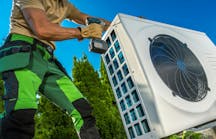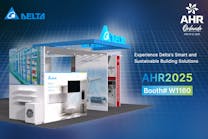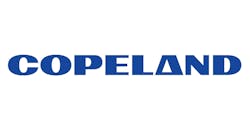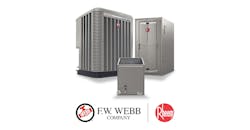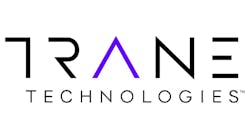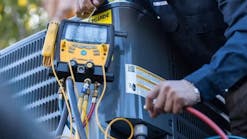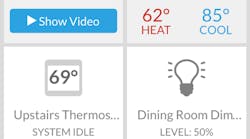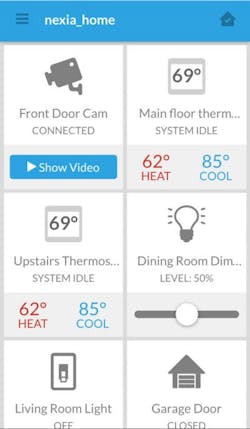Smart homes are poised to be the next big thing. Consumers, remodelers and builders are embracing this technology that is now affordable and reliable. The benefits: improve efficiency, reduce costs and simply make life easier.
Consumer demand is there, and growing. Shipments of smart home devices will rise at a compound annual growth rate of 67% over the next five years, according to BI Intelligence. The reason: homeowners want their homes to be as connected as every other aspect of their lives.
HVAC systems are a natural fit with smart home technology, and dealers have the necessary HVAC expertise.
Yet, while awareness and sales are rising, there’s still a lot of confusion among consumers as new players, technologies, and products pop up — or disappear — seemingly every week. They need someone to help guide them through purchase and installation.
Who better to guide consumers into this new and multifaceted arena than the technicians they already rely on for one of their most expensive and complex home-related purchases? HVAC systems are a natural fit with smart home technology, and dealers have the necessary HVAC expertise.
Integrated diagnostics allow technicians to proactively alert homeowners to maintenance issues that could be compromising efficiency, wasting energy, and may lead to costly future repairs.
For HVAC dealers, expanding into the smart-home category is easy because they’re already selling and installing products such as connected thermostats.
HVAC systems are one of the largest energy users in a home, and many smart-home products function as an extension of the system, expanding its efficiency, versatility, and utility.
Connected thermostats are one of the most popular categories of connected devices and one of the most difficult for the average homeowner to install themselves. It is a natural entry point for HVAC dealers.
Moreover, the functionality of HVAC systems is improved by being linked to smart home technology. HVAC systems are one of the largest energy users in a home, and many smart-home products function as an extension of the system, expanding its efficiency, versatility, and utility. For example, sensors installed on windows can communicate with a thermostat, telling it to turn off the air conditioner when a window is open. Similarly, location services on smart phones can inform the thermostat when a homeowner leaves and arrives, enabling setbacks that seamlessly adapt to variations in daily schedules.
There are two ways that becoming a smart home installer improves a dealer’s bottom line: 1) offering a wider range of products and services creates the opportunity for an ongoing revenue stream after the initial system install; and 2) powerful remote diagnostic capabilities establish another point of contact between the dealer and customer, increasing the overall value proposition of the HVAC system.
Integrated diagnostics allow technicians to proactively alert homeowners to maintenance issues that could be compromising efficiency, wasting energy, and may lead to costly future repairs.
Smart home technology is now reliable, affordable, and secure, and as more and more homeowners demand smart products, HVAC dealers need to be ready to answer the call – or risk losing customer relationships, including smart thermostats sales, to alternative channels. Linking HVAC and smart devices into a single system can turn a mechanical installation into an overall household technology upgrade, which is a uniquely powerful proposition and a powerful competitive differentiator.
George Land runs smart home technology leader Nexia, a division of Ingersoll Rand.
